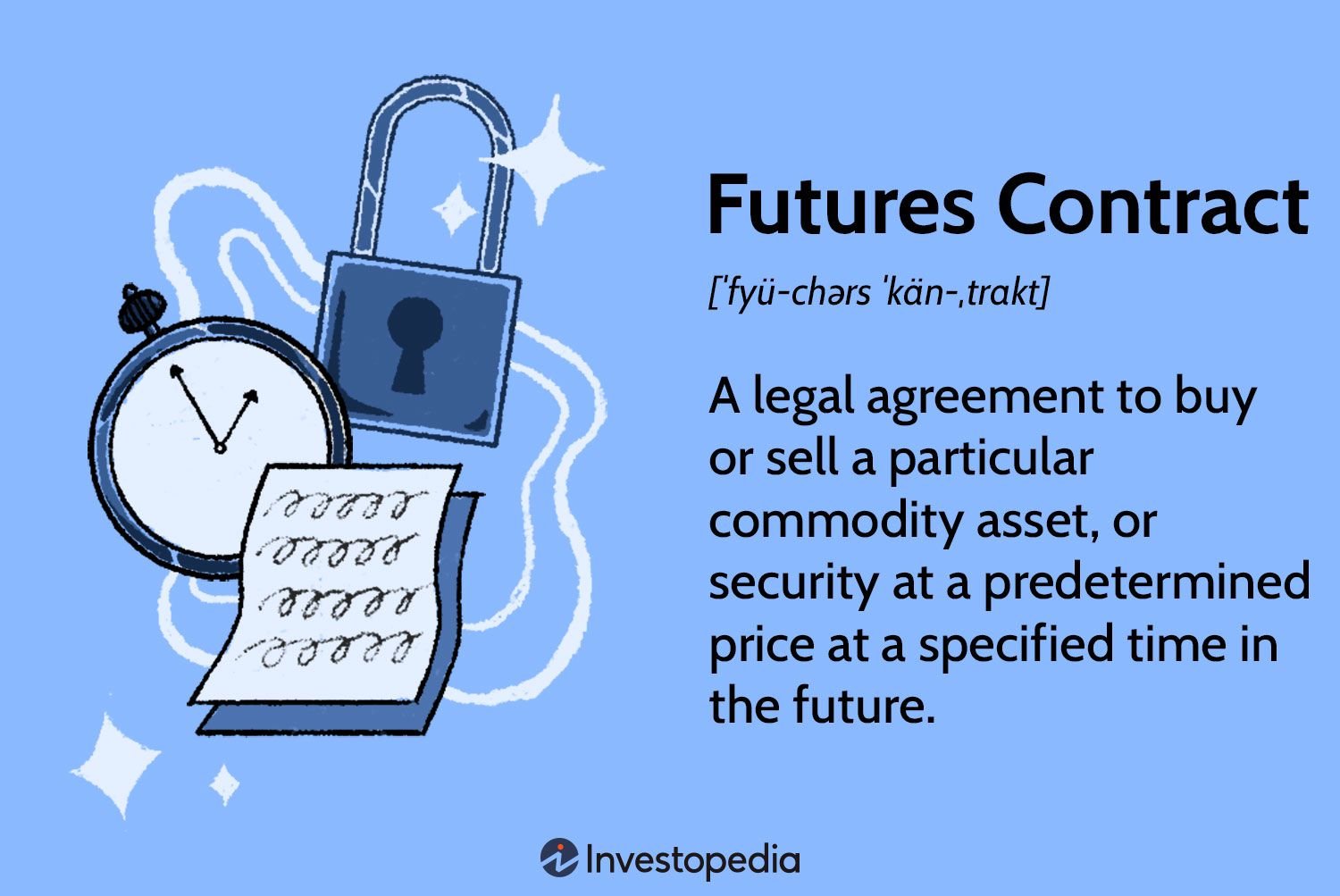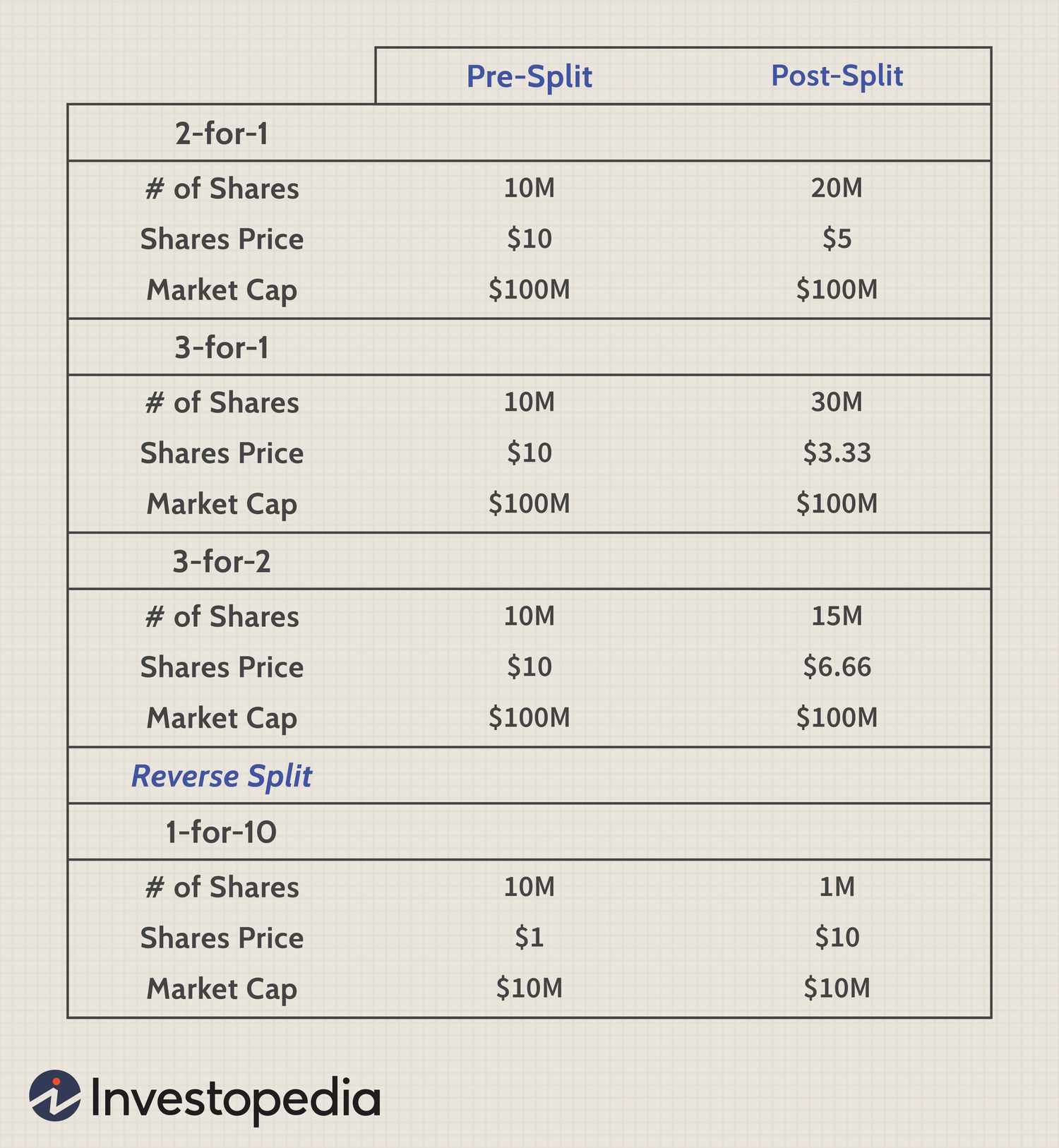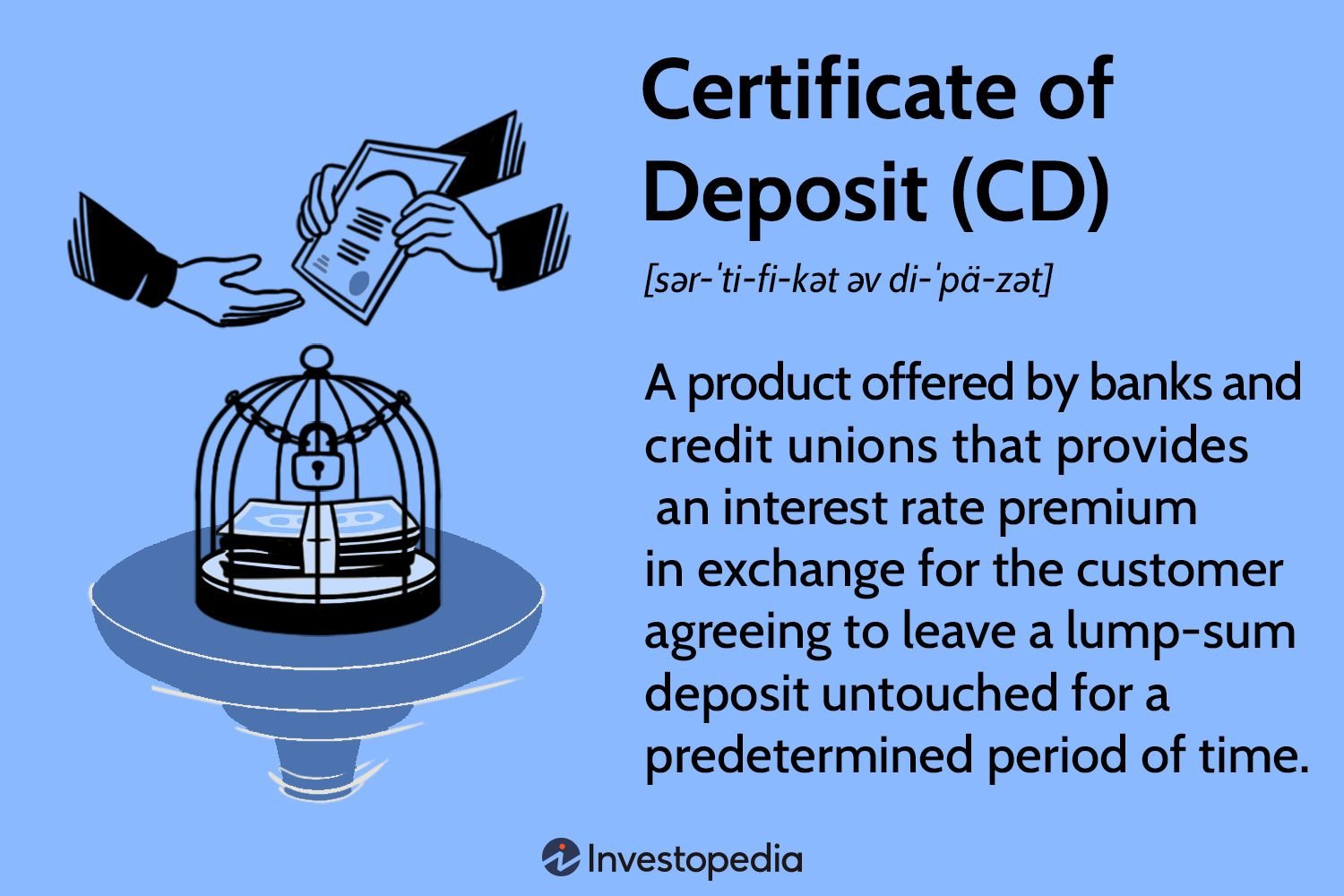If you’ve ever wondered about the intricacies of trading commodities and navigating the world of futures contracts, then understanding futures contracts in commodities is essential. But fear not, because in this article, we’ll break down the complexities and help you gain a solid grasp of this fascinating topic. So, whether you’re a beginner or looking to enhance your knowledge, let’s dive right in and unravel the mysteries of futures contracts in commodities. Get ready to embark on a journey of knowledge and gain a comprehensive understanding of this vital aspect of commodity trading.
Understanding Futures Contracts in Commodities
Introduction
In the world of commodities trading, futures contracts play a crucial role. They provide a mechanism for buyers and sellers to lock in prices for future delivery of various commodities, ranging from agricultural products like wheat and corn to energy resources like oil and natural gas. Understanding how futures contracts work is essential for anyone interested in participating in commodity markets. This article aims to demystify the concept of futures contracts in commodities, providing a comprehensive guide to help you navigate this complex field.
What are Futures Contracts?
Futures contracts are standardized agreements to buy or sell a specific quantity of a commodity at a predetermined price, on a specified future date. These contracts are traded on various exchanges, such as the Chicago Mercantile Exchange (CME) or the Intercontinental Exchange (ICE). They serve as a means of managing price risk and allowing participants to speculate on the future direction of commodity prices.
Features of Futures Contracts
Futures contracts possess several key features that distinguish them from other financial instruments:
- Standardization: Futures contracts are standardized, with specific contract sizes, quality specifications, and delivery months. This standardization allows for easy trading and ensures market liquidity.
- Margin Requirements: Participants are required to deposit a margin, which serves as collateral for their positions. This margin acts as a performance bond and helps mitigate counterparty risk.
- Leverage: Futures contracts offer substantial leverage, enabling market participants to control a larger position with a smaller upfront investment. This leverage amplifies both potential profits and losses.
- Expiration Dates: Each futures contract has an expiration date, indicating when the contract ceases to exist. Traders can choose to close out their positions before the expiration date or make arrangements for physical delivery.
Market Participants
Several types of market participants engage in futures trading in commodities:
- Hedgers: Hedgers are entities that participate in futures markets to mitigate price risk. Farmers, for example, may sell futures contracts to secure a minimum price for their crops, regardless of price fluctuations in the market. On the other hand, manufacturers may buy futures contracts to lock in prices for raw materials, protecting against future price increases.
- Speculators: Speculators aim to profit from price movements in commodity markets without having an underlying business-related interest. They buy or sell futures contracts based on their anticipations of future price trends, hoping to capitalize on these movements.
- Arbitrageurs: Arbitrageurs exploit price discrepancies between different markets by simultaneously buying and selling related contracts. Their goal is to profit from temporary price differentials, ensuring that prices remain aligned across markets.
Understanding the Mechanics of Futures Contracts
To grasp the inner workings of futures contracts, it is essential to understand their mechanics:
Long and Short Positions
Every futures contract has two parties involved: the long and the short. The long position represents the buyer of the contract, while the short position represents the seller. Each side has its own motivations and objectives.
- The long position assumes the price of the underlying commodity will increase. They are bullish on the market and seek to profit from rising prices.
- The short position, conversely, anticipates a price decline. They are bearish on the market and seek to profit from falling prices.
Price Movements and Profits/Losses
The profitability of a futures trade depends on the price movement of the underlying commodity. Let’s consider two scenarios:
- If the price of the commodity increases, the long position gains value, and the short position loses value. The long position can then sell the contract at a higher price, thus realizing a profit. Conversely, the short position would have to buy back the contract at a higher price, resulting in a loss.
- When the commodity price decreases, the short position benefits, while the long position suffers a loss. The short position can buy back the contract at a lower price, generating a profit. On the other hand, the long position would have to sell the contract at a lower price, incurring a loss.
Marking to Market
Futures contracts are marked to market daily, meaning that gains and losses are settled at the end of each trading session. The difference between the initial contract price and the daily settlement price is either credited or debited to the trader’s account. This process ensures that both parties fulfill their financial obligations throughout the life of the contract.
Physical Delivery vs. Cash Settlement
In some futures contracts, physical delivery of the commodity occurs upon contract expiration. However, most market participants, particularly individual traders, do not intend to take physical possession of the commodity. Instead, they offset their positions before the contract’s expiration by engaging in an opposite transaction.
Cash settlement is the preferred method for most traders. It involves settling the contract’s gains or losses through a cash transfer rather than physical delivery. The settlement is based on the difference between the contract price at initiation and the contract’s settlement price at expiration.
Benefits of Futures Contracts in Commodities
Futures contracts offer several benefits that make them an attractive instrument for participants in commodity markets:
- Price Risk Management: Futures contracts allow hedgers to manage price risks associated with their business operations. By locking in prices in advance, they can protect themselves from adverse price movements.
- Price Discovery: Futures markets provide valuable information about market sentiment and price expectations. The collective actions of market participants contribute to price discovery, aiding in efficient market functioning.
- Liquidity and Flexibility: Futures contracts trade on organized exchanges, ensuring high liquidity and efficient trade execution. The standardized nature of these contracts allows for easy buying and selling, enabling participants to adjust their positions as needed.
- Speculative Opportunities: For speculators, futures contracts present opportunities to profit from anticipated price movements in commodity markets. This allows for potential financial gains in addition to the hedging benefits.
Risks and Considerations
While futures contracts offer many advantages, it is crucial to be aware of the associated risks and considerations:
Price Volatility
Commodity markets are prone to significant price volatility due to various factors, such as weather conditions, geopolitical events, and supply-demand dynamics. This volatility can lead to substantial gains or losses, amplifying the risks associated with futures trading.
Leverage Risks
Futures contracts involve substantial leverage, meaning that a small price movement can have a significant impact on the trader’s account balance. While leverage can magnify profits, it can also lead to substantial losses if price movements go against the trader’s position.
Market Liquidity
Certain commodities may have less liquidity in the futures market, making it difficult to enter or exit positions at desired prices. Illiquid markets can result in wider bid-ask spreads and slippage, potentially impacting trading performance.
Roll Over Costs
For traders who hold futures contracts until near expiration, roll-over costs can be a consideration. Rolling over involves closing out the existing contract and simultaneously opening a new one for a future expiration date. This process incurs transaction costs that may affect overall profitability.
Understanding futures contracts in commodities is essential for anyone looking to participate in commodity markets effectively. These contracts provide a means to manage price risks, speculate on market movements, and facilitate efficient price discovery. By comprehending the mechanics, benefits, risks, and considerations associated with futures contracts, you can make informed decisions when engaging in commodity trading. Remember, always conduct thorough research, assess your risk tolerance, and consult with professionals before venturing into this exciting yet complex field.
What Are Commodity Futures? – SmarterWithMoney
Frequently Asked Questions
Frequently Asked Questions (FAQs)
What are futures contracts in commodities?
Futures contracts in commodities are legally binding agreements between two parties to buy or sell a particular commodity at a predetermined price and date in the future. These contracts are commonly used in the trading of commodities such as oil, gold, natural gas, agricultural products, and more.
How do futures contracts work?
Futures contracts work by providing market participants with a standardized way to buy or sell commodities at a later date. They involve a buyer (long position) and a seller (short position) who agree on the price and quantity of the underlying commodity. These contracts can be traded on regulated exchanges and are settled either through physical delivery or cash settlement.
What is the purpose of trading futures contracts in commodities?
The main purpose of trading futures contracts in commodities is to manage price risks associated with the underlying commodities. Producers and consumers of commodities use futures contracts to hedge against price fluctuations, ensuring more predictable costs or revenues. Speculators also participate in these markets to profit from anticipated price movements.
What are the benefits of trading futures contracts in commodities?
Trading futures contracts in commodities offers several benefits. Firstly, it provides a transparent and regulated marketplace for price discovery. It also allows market participants to easily access and trade commodities without the need for physical ownership. Additionally, futures contracts offer leverage, liquidity, and the ability to profit from both rising and falling prices.
How are futures contracts priced?
Futures contracts are priced based on various factors, including the current spot price of the commodity, the cost of carry (storage, insurance, financing), expected supply and demand dynamics, and market sentiment. The price of a futures contract typically includes the spot price plus a premium or discount depending on these factors.
What is the difference between futures contracts and spot contracts?
The main difference between futures contracts and spot contracts is the timing of the transaction. Spot contracts involve the immediate delivery and payment for a commodity, while futures contracts set a future date for the transaction. Futures contracts also provide standardized terms, including price, quantity, and delivery date, whereas spot contracts can have more flexible terms.
What are the risks associated with trading futures contracts in commodities?
Trading futures contracts in commodities carries certain risks. These can include price volatility, which can lead to substantial gains or losses. There is also the risk of market illiquidity, where it may be difficult to enter or exit positions at desired prices. It’s important for traders to have a clear understanding of these risks and implement appropriate risk management strategies.
How can I start trading futures contracts in commodities?
To start trading futures contracts in commodities, you need to open an account with a commodity futures broker. Research and choose a reliable broker that suits your trading needs. Once your account is set up, you can fund it and begin trading by analyzing market trends, developing a trading strategy, and placing orders through the trading platform provided by your broker.
Final Thoughts
Understanding futures contracts in commodities is crucial for anyone involved in the trading or investing in this market. These contracts allow participants to buy or sell a specific commodity at a predetermined price and date in the future. By having a clear understanding of the mechanics and terminology of futures contracts, individuals can make more informed decisions and manage their risks effectively. Whether you are a seasoned trader or a novice investor, grasping the fundamentals of futures contracts in commodities is essential in navigating this complex market and maximizing your potential returns.



